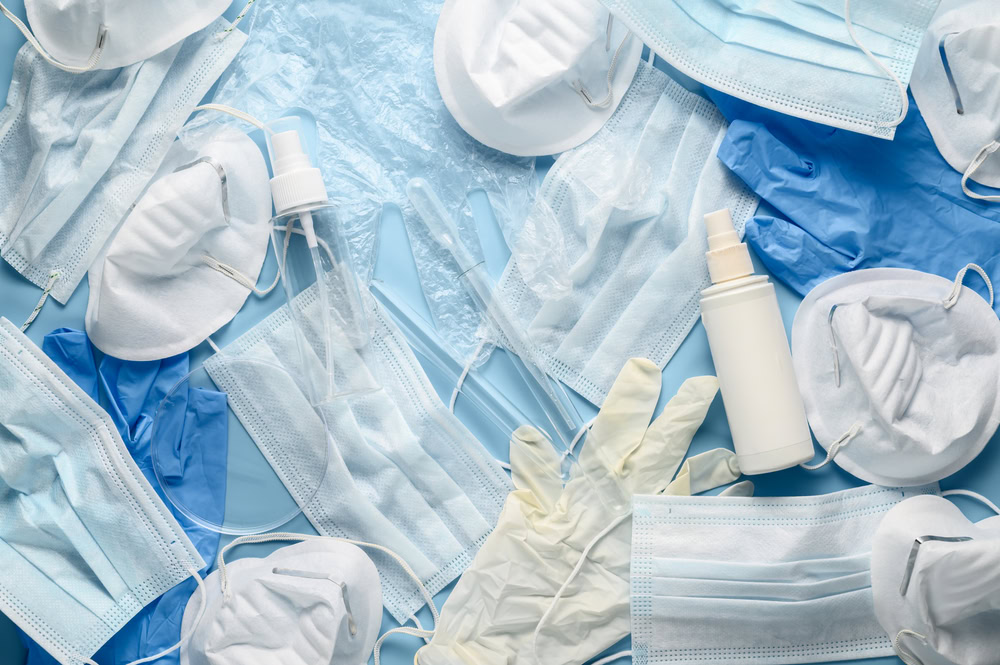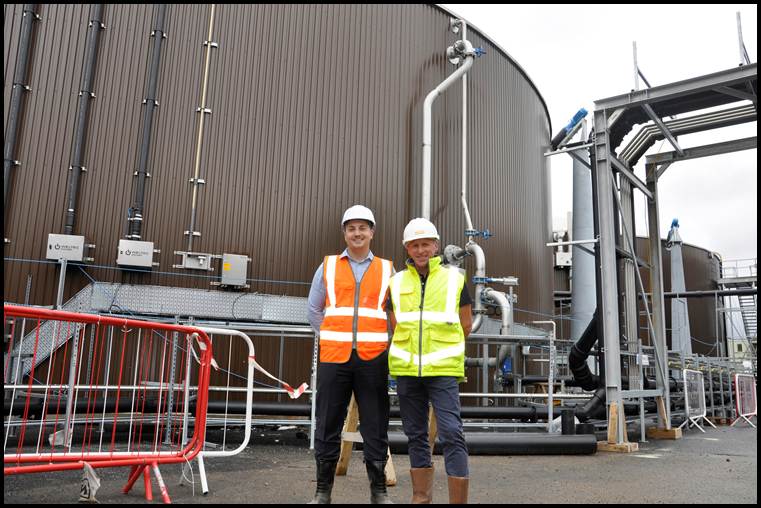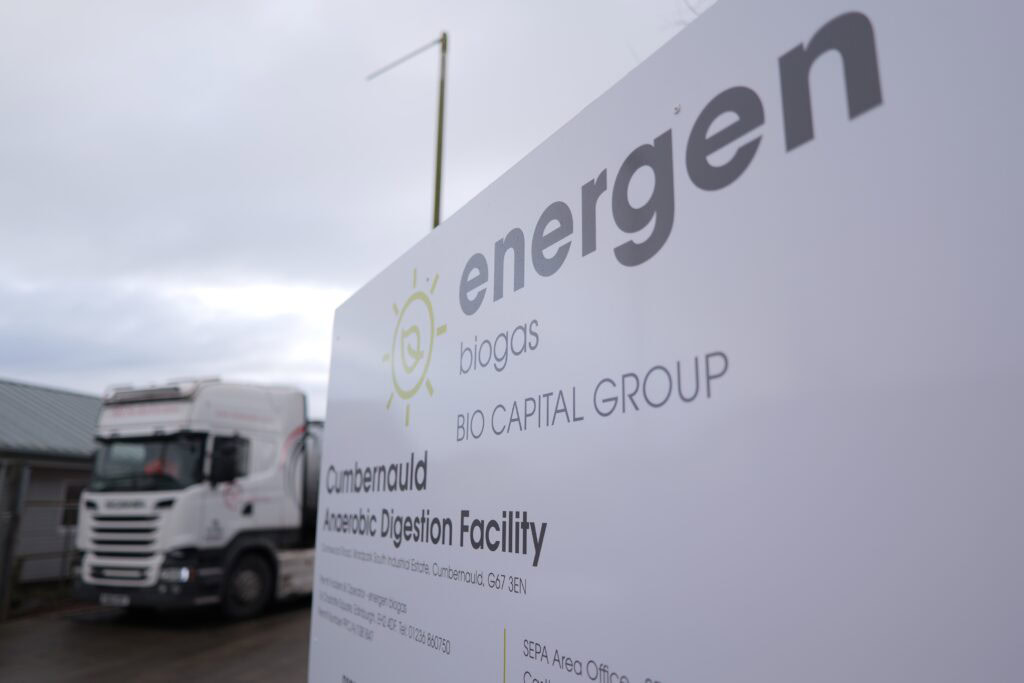And, the council has warned residents that those failing to use the service could risk not having their residual waste bins collected.

The council announced the launch of the ‘No Food Waste’ campaign today (April 4) following a vote on the plans at a meeting last night. The council claims that up to £800,000 could be saved on disposal costs if the campaign is successful.
Assessments of the composition of waste produced by Belfast households have suggested that as much as 25% of the city’s residual waste is comprised of food.
Among the steps to be taken to alert residents of the available collection service will be a bin sticker campaign which will see a ‘No Food Waste’ sticker displayed on all residual waste containers as well as letters to residents to remind them of the service.
Powers
This will be followed by enforcement action, using powers granted to local authorities under the 1997 Waste & Contaminated Land (NI) Order – which allow Northern Irish local authorities to specify which types of waste it will collect, and which containers can be used to present waste.
According to Belfast council, the enforcement action will take three stages, in the first instance containers identified as having been wrongly presented with food waste will be have a notification sticker placed on the outside reminding them not to present food waste.
On the second occasion, a further sticker will be placed on the bin and a letter will be sent to the householder reminding them of the requirement to separate food. On the third occurrence the council will not collect the container until food waste has been removed.
Matt Garrett, chair of the council’s people and communities committee, said: “In Belfast, despite a food waste collection service being available for every household, approximately 25% of the waste in black bins is still food waste. “If this waste was diverted into a food waste caddy or brown bin for composting, instead of landfilling, the council could save around £800,000 each year. “Results from neighbouring councils which have adopted this approach already have shown an immediate rise in the amounts of food waste collected of around 20% – which, if applied to Belfast could also contribute around 1% to the city’s recycling rate.”
All organic waste collected as part of the council’s brown caddy food waste collection service is sent to an in-vessel composting facility operated by Natural Waste Products at Glenside Road, Dunmurry.







Subscribe for free